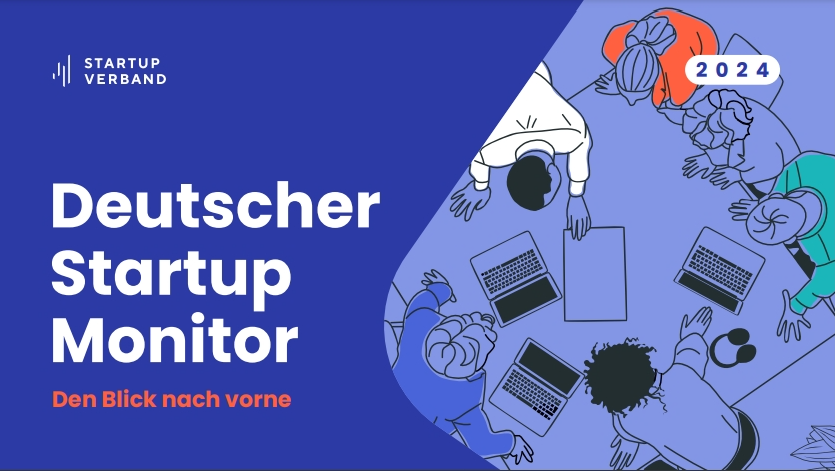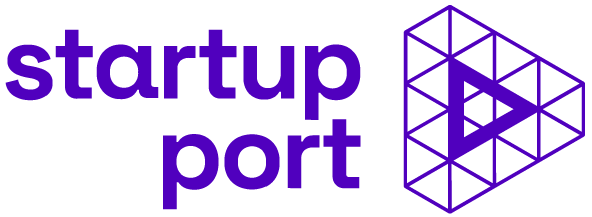Despite economic challenges, German start-ups are proving resilient and are optimistic about the future. One key to success: close cooperation with universities and their start-up support, as provided by the Startup Port in the Hamburg metropolitan region.
Job engine sputters, optimism remains
The German startup landscape is resilient and optimistic despite the economic downturn. Although the average number of employees in startups has fallen slightly – from 18.9% to 16.7% – the belief in an improved business situation by the end of 2025 remains unbroken. An impressive majority of almost 80% of startup founders expect a positive development.
Strategic realignment towards profitability
In response to persistent financing bottlenecks, the focus of many start-ups has shifted: Away from fast growth and towards sustainable profitability. Currently, 78.8% of startups set profitability as their primary goal, compared to 54% who aim for rapid growth. This pragmatic approach is also reflected in an increasing focus on business customers (B2B), whose share of revenue has risen to 74.7%.
Sustainability and internationality as fixed parameters
Despite the economic challenges, German start-ups remain unwavering in their commitment to environmental sustainability. Self-assignment to the green economy has risen slightly to 48.1%. Internationality is also a defining characteristic: English is the working language in over a third of startups, which underlines the global character and openness of the sector.
The central role of universities
A striking feature of the startup landscape in Germany is the close connection to universities. More than half of all startups (55.1%) are now supported by a university, such as through our Startup Port joint project. This collaboration not only facilitates access to research and talent, but also makes a significant contribution to strengthening the startup ecosystem. Satisfaction with these collaborations has reached a new high of 80.5%.
DeepTech – From research to the market
Start-ups that specialize in DeepTech are playing an increasingly important role in the transformation of the German economy. They transfer the latest research findings into marketable products and technologies, which is made possible not least by the support of universities. The proportion of such companies is a stable 11.4 percent.
Need for cooperation with the established economy
Despite the many positive developments, the need for improved cooperation opportunities with established companies remains a critical point. Only 37.5% of start-ups see good opportunities here, which is a clear call to politicians to create framework conditions and incentives for more intensive cooperation.
Outlook and expectations of politics
The start-ups agree: a strong future requires progressive digitalization of administration and a more flexible labour market. Access to capital is also crucial, with the European capital market playing a key role. A stronger IPO market could open up new opportunities here and further boost innovation.
The resilience and innovative strength of German start-ups are significantly strengthened by the support structures of universities, for example through initiatives such as the Startup Port in the Hamburg metropolitan region. These platforms are crucial to meeting the diverse challenges facing the industry. By promoting knowledge-based start-ups and creating optimal framework conditions, the Startup Port makes a significant contribution to ensuring that the start-up scene is not only well positioned, but can also look to the future with confidence. Its role and influence therefore underline the need to further strengthen and expand such support networks.
The full report is available here.

